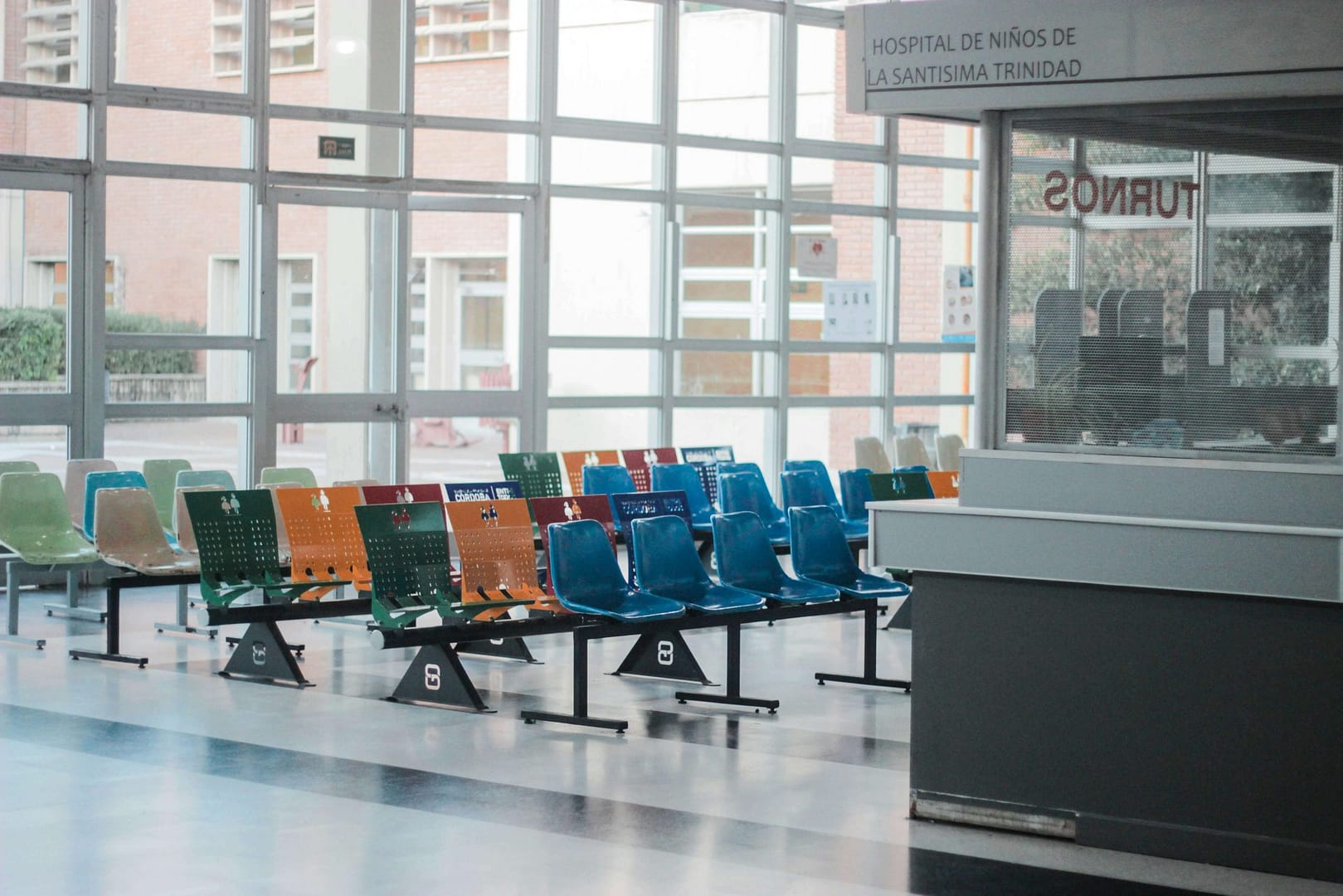The UK’s roads are becoming increasingly technologically advanced, and one of the latest developments is the introduction of tech solutions aimed at curbing speeding. Intelligent Speed Assistance (ISA) is at the forefront of this initiative, but it’s just one piece of the puzzle. This comprehensive article delves into the world of technology’s role in tackling speeding, exploring various solutions, their impact, and the ongoing debate surrounding their implementation. We will also highlight how you can start a road traffic accident claim.
Intelligent Speed Assistance (ISA): The Game-Changer
Intelligent Speed Assistance, often referred to as ISA, is a revolutionary technology designed to help drivers adhere to speed limits. It utilises a combination of GPS data and cameras to detect the current speed limit and then provides feedback to the driver, either through visual or audio alerts or by gently adjusting the vehicle’s acceleration. In the UK, ISA has been mandated for all new cars manufactured from July 2022, marking a significant step towards improving road safety.
How does ISA work?
ISA systems are relatively straightforward in their operation. They continuously monitor the vehicle’s speed and compare it to the speed limit of the road. If the driver exceeds the limit, ISA intervenes. The level of intervention varies, but it typically involves a combination of warnings and subtle adjustments to the car’s performance to encourage the driver to slow down.
The impact of ISA on road safety
The potential impact of ISA on road safety is substantial. Studies suggest that ISA could reduce collisions by up to 30% and fatalities by 20%. This is achieved by minimising the likelihood of human error, particularly in situations where drivers might inadvertently exceed the speed limit. Additionally, ISA can promote more consistent driving behavior, leading to smoother traffic flow and reduced congestion.
Beyond ISA: A Multifaceted Approach
While ISA is a crucial component of the tech-driven approach to curbing speeding, it’s not the only solution. A multi-faceted approach is essential to address the complex issue of speeding comprehensively.
Advanced driver assistance systems (ADAS)
Beyond ISA, a range of advanced driver assistance systems (ADAS) is being integrated into modern vehicles. These systems include features like adaptive cruise control, lane departure warning, and automatic emergency braking. While not solely focused on speed control, these technologies contribute to safer driving by reducing the risk of collisions caused by various factors, including speeding.
Speed cameras and enforcement technologies
Speed cameras remain a critical tool in enforcing speed limits. In the UK, various types of speed cameras are deployed, including fixed cameras, mobile units, and average speed cameras. The advancement of camera technology has led to improved accuracy and the ability to monitor traffic flow in real-time. Additionally, technologies like automatic number plate recognition (ANPR) are enhancing the efficiency of speed enforcement.
Smart highways and connected infrastructure
The development of smart highways involves integrating technology into the road infrastructure itself. This can include variable speed limits that adjust based on traffic conditions, real-time traffic monitoring, and communication between vehicles and the road network. These innovations can improve traffic flow, reduce congestion, and create a safer driving environment.
Public Perception and Concerns
The implementation of tech solutions for speeding has not been without controversy. Concerns have been raised about the potential for these technologies to be intrusive and to limit driver autonomy. Some drivers worry that ISA could lead to complacency, as they might rely too heavily on the system to manage their speed. Additionally, there are concerns about the potential for data privacy breaches, as these technologies collect and process significant amounts of information about drivers and their vehicles.
Addressing concerns and building trust
To address these concerns, it’s crucial for the government, automotive industry, and technology developers to work together to educate the public about the benefits and limitations of tech solutions for speeding. Transparency is key, and drivers should be informed about how their data is used and protected. Additionally, the implementation of tech solutions should be accompanied by robust regulations and oversight to ensure ethical and responsible use.
The Future of Tech Solutions for Speeding
The evolution of tech solutions for speeding is an ongoing process. As technology continues to advance, we can expect to see even more sophisticated systems emerge. Some potential future developments include:
- More personalised ISA systems: These systems could adapt to individual driving styles and preferences, providing tailored feedback and intervention.
- Integration with navigation apps: This could allow for real-time speed limit updates and route optimisation based on traffic conditions.
The role of collaboration
The future of tech solutions for speeding lies in collaboration between various stakeholders. This includes government agencies, automotive manufacturers, technology companies, and research institutions. By working together, they can develop and deploy innovative solutions that prioritise safety, efficiency, and driver satisfaction.
Research and development
The UK is also investing in research and development to explore new and innovative ways to tackle speeding. This includes funding for projects that focus on developing advanced technologies, evaluating the effectiveness of existing solutions, and understanding driver behaviour.
Filing a Work Accident Claim with National Claims
At National Claims, we understand the toll that a work accident can take on you and your family, physically, emotionally, and financially. If you’ve been injured due to unsafe working conditions, defective equipment, or employer negligence, we are here to help you secure the compensation you deserve by connecting you with the right solicitor.
Free Consultation
Every work accident case is unique, and we offer a free, no-obligation consultation to discuss your situation. During this consultation, we’ll listen to your experience, thoroughly evaluate the circumstances of your accident, and assess the potential strength of your claim. Our team will then connect you with a qualified solicitor who specialises in work accident claims, ensuring you receive expert legal assistance to pursue your case effectively.
*Customers pay up to 25% (incl. VAT) of the amount recovered towards solicitor costs and if you cancel outside your cooling off period, you may be charged a fee.
Contact us today to speak to one of our claims agents who will be able to help you get started on your claim.
Click below to see why we are one of the most trusted claims management companies in the UK.

We’re proud of our excellent customer reviews
We thrive on delivering exceptional service and ensuring our clients’ satisfaction. Don’t just take our word for it. Check out some of our independent reviews to see what our clients have to say.
Excellent

This firm is excellent, they sorted out my car pay out and injury claim very fast, they always communicate with you all the time.

My accident case was dealt with confidence and with great result of the outcome, especially James kept me informed all the time.

I was very impressed at the way my inquiry was treated. I was listened to attentively and everything I needed to know was explained to me.






